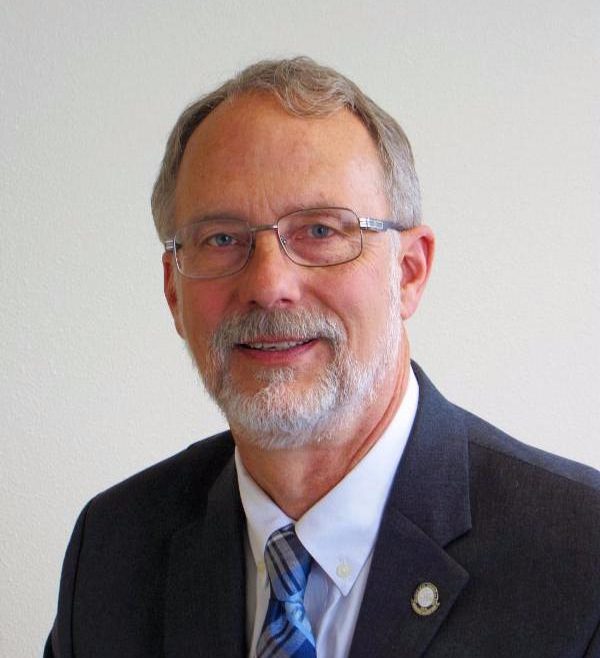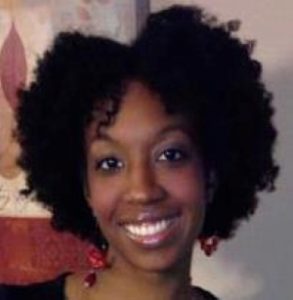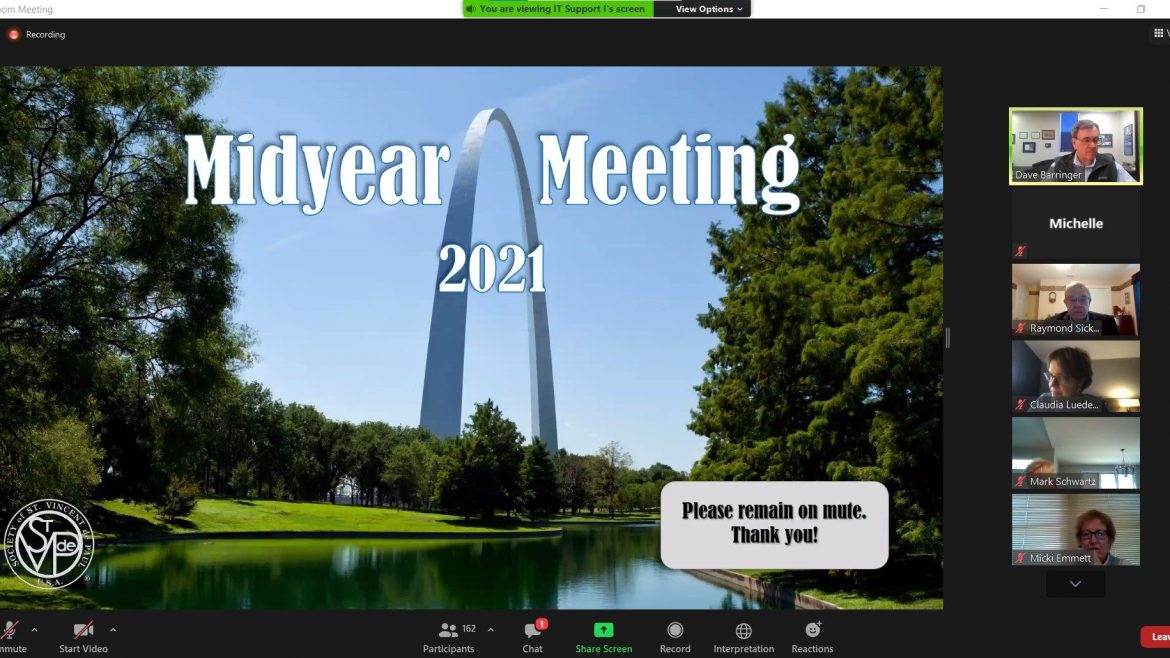It’s been just over a year since Tasha called the St. Vincent de Paul Conference at Sts. Joseph and Paul Catholic Church in Owensboro, Kentucky. “It changed my life,” she says. “I was at the point of giving up. I was absolutely at my breaking point.”
After having made some bad decisions in her life, she was determined to make good decisions, especially because of her two boys. She was holding down a job at McDonald’s, as was her 16-year-old son Jamison, both of them working different shifts so one of them could be home with 10-year-old son Jaxon.
Try as she may, Tasha could not make ends meet. She and her boys were living at a local motel. It wasn’t the life she wanted for them, but at least it was a roof over their heads, and they were together. After living at the motel for more than a year, someone suggested Tasha call St. Vincent de Paul to see if they could help.
She was scared to call, afraid that they would not help her family. But Tasha put her pride aside and picked up the phone to call the Vincentians at Sts. Joseph and Paul Catholic Church.
The Vincentian who returned her call that day was named Braun. Desperate to get her family out of the motel and into secure housing, Tasha told Braun that she had enough money for one month’s rent, but the landlord was requiring a deposit of another month’s rent. She wondered if St. Vincent de Paul could help her with the deposit.
Braun told her, “Do not give up. There is a way for St. Vincent de Paul to help.” With the amount of the deposit, he called a couple of other local churches to see if they could contribute. After securing the deposit funds, he called Tasha and told her she could go ahead and move into her rented home.
More good news was to come for Tasha. Braun called her again and offered her a job at Kentron, a metal stamping company where Braun works. Tasha said “I could not believe it. I was so excited and could not believe this was happening to me.”
There were more challenges to come, but Tasha and Braun didn’t give up.
Remembers Braun, “She did not pass her physical the first time, but there were extenuating circumstances. Her car broke down, so she ran all the way to the doctor’s office in the rain and was so out of breath she could not pass the physical exam. We had her take it again and she passed with flying colors. She wanted this job, this opportunity to change her life.”
During her probationary period, Tasha got sick and had numerous doctors’ appointments and tests, but the company stuck with her. Another hurdle came when the home she had rented went up for sale, so Tasha and her family would have to move again. Fortunately, she found one she loved. Her landlord has even entered a contract for deed sale, which will allow Tasha to buy the home.
“This is the beauty of being a Vincentian: Being able to help break the bonds of systemic poverty,” says Braun.
Tasha wants people to know, “There is a chance. There is hope that life can get better. But you must want to change your life. There is a power greater than us that can help if we want it to, and let it. My plans are to keep moving forward every day, to stay focused, to not give up, and to get up every day trying to do the right thing.”






